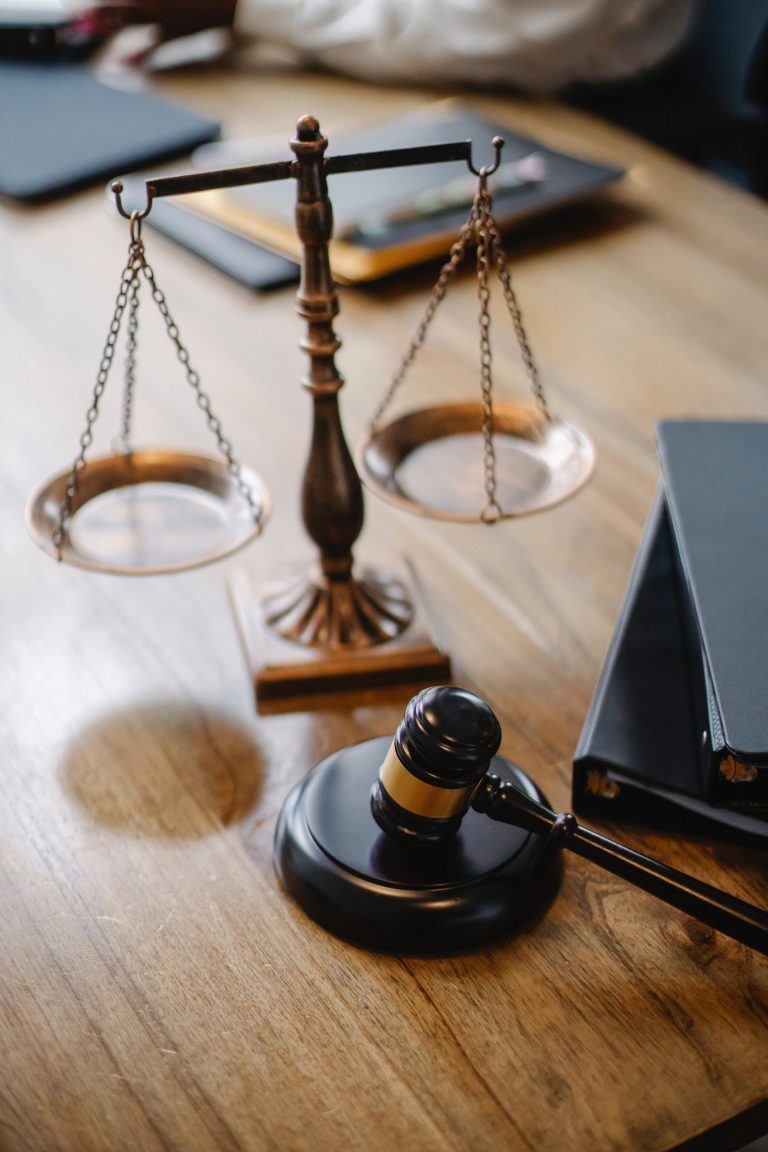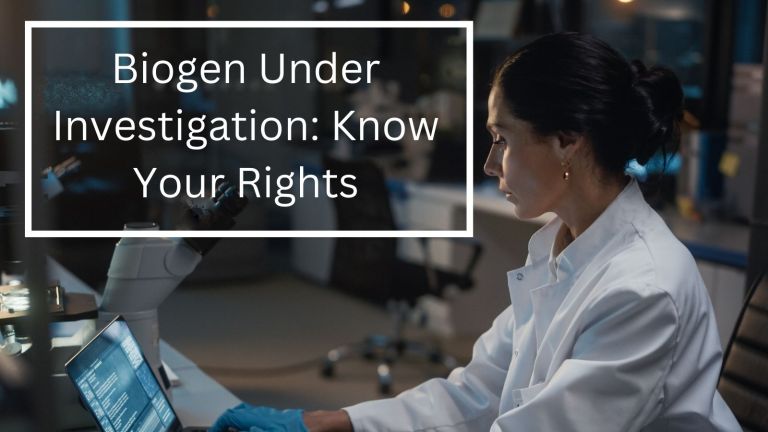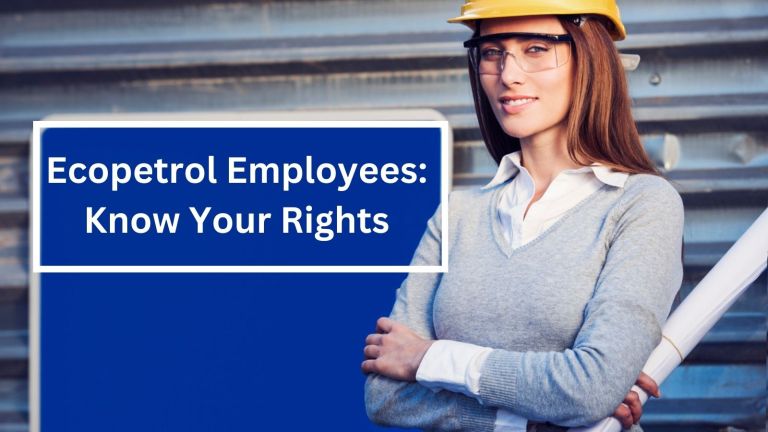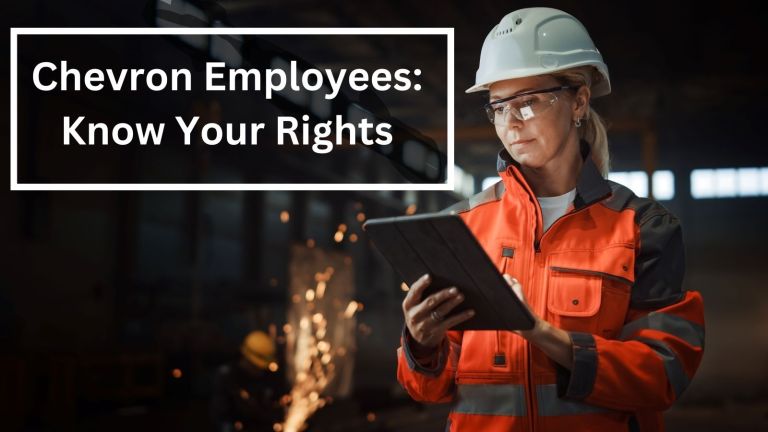Article by John Peterson, Managing Attorney, FBR.
Filling out the Form WB-APP is one of the last and most important steps in claiming a whistleblower award. But failing to fill out the Form correctly, or not submitting it on time, could mean losing your reward. That’s why we always recommend that you seek the assistance of a qualified attorney when filling out this Form.
FBR has experienced attorneys and we offer free consultations and the most competitive rates for people who have already submitted their information to the SEC. If you want to speak to an attorney for free, contact us here. If you are committed to going it alone, which we do not recommend, our guide to filling out the Form WB-APP has some tips below that might be helpful.
Make Sure You Use the Right Form
Form WB-APP is only used to claim a whistleblower award after you have already submitted information to the SEC using a Form TCR, or the SEC’s online Tips, Complaints and Referral system. If you have information you would like to provide to the SEC about a violation, you should be using the Form TCR to submit the information and not the Form WB-APP. If you have already submitted a Form TCR and believe your information led to a successful enforcement action, then you should be filing the Form WB-APP to claim your award. You can get a copy of the SEC Form WB-APP here.
Make Sure You File On Time
The SEC has strict rules about when you must file the Form WB-APP, and one of the most important is that you file the Form WB-APP on time. The SEC requires that the Form WB-APP be filed within 90 calendar days of the SEC posting a Notice of Covered Action. A Notice of Covered Action is a notice filed by the SEC letting whistleblowers know that they are accepting applications for whistleblower rewards. The SEC posts Notices of Covered Actions here. If you miss the deadline, you may not be eligible for an award. If this is the case, we strongly recommend you speak to an attorney to see if you can seek an exception from the SEC’s 90-day rule (exceptions are not granted lightly).
Get the Basics Right: Sections A, B, C & D
Sections A through D of Form WB-APP ask for information regarding you, your attorney, the Form TCR you should have filed and the Notice of Covered Action. It is important that all the information you submit is not only accurate, but also matches the information on your Form TCR. If there are discrepancies or mistakes, this could lead to the SEC denying or delaying your award.
Be Aware of Related Actions: Section E
Section E is a very important part of the Form WB-APP that is often overlooked and this could prove costly. The SEC pays whistleblowers based on the fines it recovers, as well as fines recovered by other agencies in “related actions.” Section E seeks information about fines issued in related actions and these could come from a number of agencies, including the Department of Justice, the Department of the Treasury, the Federal Reserve Board, the CFTC or FINRA, to name just a few. The problem is that these related actions are not posted by the SEC in their Notice of Covered Action page, meaning that you have to know how to find these actions and make sure you file on time. As with the Notice of Covered Action, failure to file From WB-APP within 90 days of the related action becoming public could mean that you lose your award. This is one of the main areas that having an attorney can help with.
Make Sure You Meet the Eligibility Requirements: Section F
Section F covers eligibility requirements and these are important questions, some of which you should have answered already on your Form TCR. However, just because you answered “no” to these questions on the Form TCR, does not mean you can assume the same applies here. Circumstances change, and some of the questions are different, so take your time reading them. If you answer “yes” to any of the questions, this is a warning sign that there is a potential issue with your eligibility. If this is the case, we strongly suggest that you contact an attorney immediately so that they can prepare a response for you that contains the best arguments that you are eligible for an award.
Make The Case For The Maximum Award: Section G
While Section G is listed on the Form WB-APP as “optional” it is an absolute must for any whistleblower seeking the maximum award. Section G provides the applicant with the opportunity to make the case that they have satisfied all the award criteria and the applicant should address all the criteria in Rules 21F-3 and 21F-4 of the Exchange Act.
In addition, the SEC will consider certain factors in determining the amount of an award based on the unique facts and circumstances of each case. At present, the SEC considers the following positive factors:
“(i) the significance of the information you provided to the success of the proceeding brought against wrongdoers; (ii) the extent of the assistance you provide in our investigation and any successful proceeding; (iii) the law enforcement interest in deterring violations of the securities laws by making awards to whistleblowers who provide information that leads to the successful enforcement of these laws; and (iv) whether, and the extent to which, you participated in your company’s internal compliance systems, such as, for example, reporting the possible securities violations through internal whistleblower, legal or compliance procedures.”
Similarly, the SEC also considers the following negative factors in determining the award amount:
“(i) if you were a participant in, or culpable for the securities law violation(s) you reported; (ii) if you unreasonably delayed reporting the violation(s) to us; and (iii) if you interfered with your company’s internal compliance and reporting systems, such as, for example, making false statements to your compliance department that hindered its efforts to investigate possible wrongdoing.”
Don’t Go It Alone
Filling out the Form WB-APP may be something you feel comfortable with, but if you miss a deadline or fail to input information correctly, you could lose your award or a significant part of it. That’s why we always recommend that you seek the help of a qualified attorney when filling out this form.

















